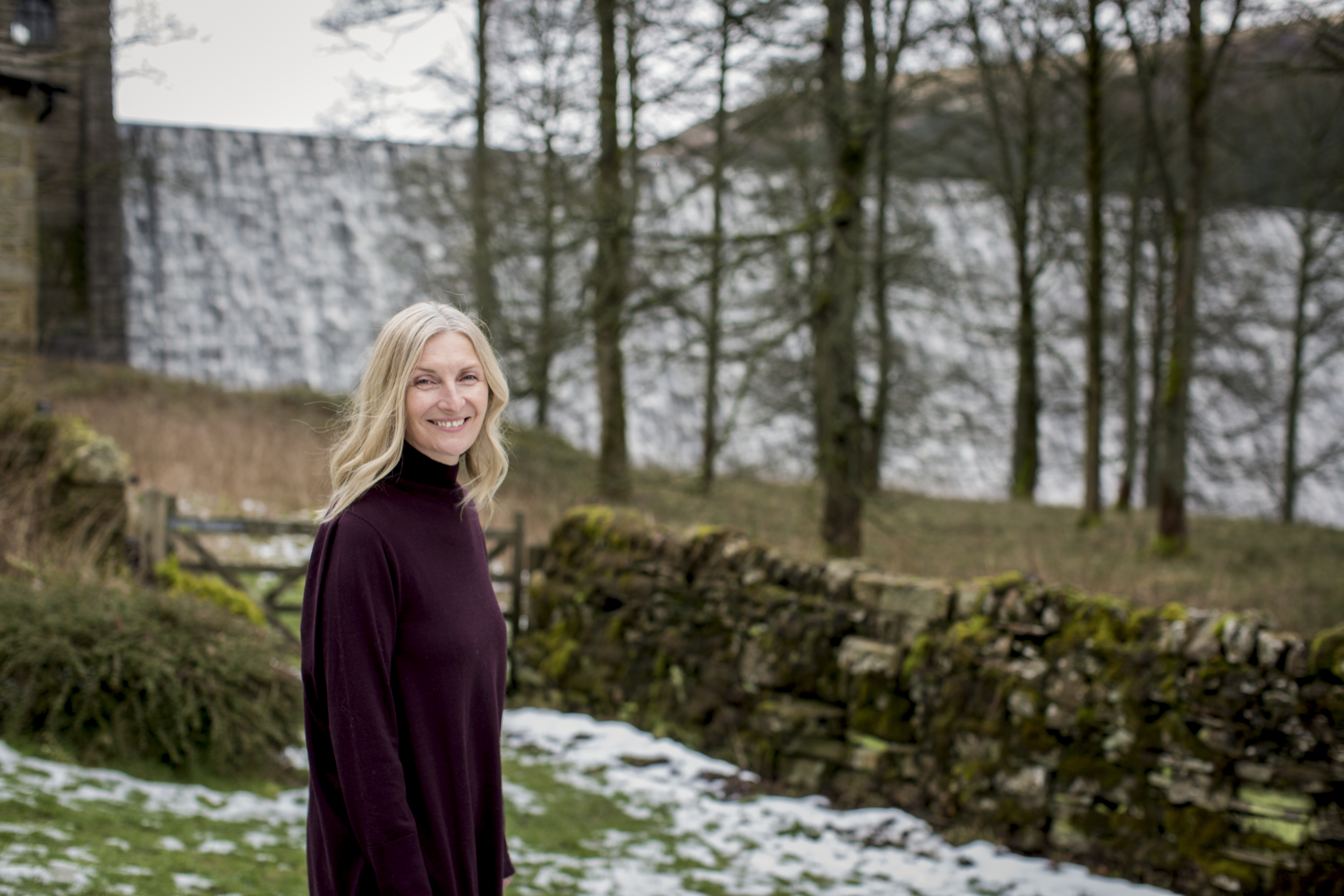Where Success Really Comes From
Aug 12, 2020


Dr Grange
Jan 22, 2025 04
- Many of us fear failure to the extent that we can struggle to even try in the first place
- Dr Pippa Grange, author of Fear Less, explores why failure is central to success
- If you struggle with a lack of confidence or appear to be holding yourself back, therapy may help - find yours here
As human beings, we are fascinated by accomplishment: what can emerge from our muscles, pumps, levers, brain cells and nerve tissue. We are awed by extraordinary human feats, so much so that they can bond a whole nation while they inspire us individually to push for excellence. Maybe you pulled out your trainers and hit the pavement after watching an incredible achievement on the track. Or perhaps you picked up the guitar again after being moved by a blindingly good concert. We especially love to see accomplishment when it's unexpected.
It's likely you learnt that a never-ending pursuit of your potential is good, too. That you should want to be faster, go higher, get stronger, and be smarter. But there's a flip side to this positive message: you need to be afraid of losing.
Looked at logically, this is ridiculous. We can all see that to become a winner, at some point you have to lose. The existence of the eternal winner is a romanticised myth. People may make success look effortless, but it rarely is. Success comes from trying, extending yourself and taking risks, which means that inevitably, you will fail along the way. And you will fail often. Yes: every day of your life you'll win some and lose some.
Losing takes all kinds of forms. At work, you might have missed out on a promotion or just misspelt the CEO's name. At college, you could have bombed an exam or left out one test question. On a dating app, you spent hours but didn't match with one person, or you found out your new partner was seeing other people. The scale doesn't matter.
What does matter is your will to excavate the failure, reassess, rethink and move forward - maybe in a new direction. If you do this, failing becomes valuable. Because it allows you to learn where you are not yet ready or skilled enough. It might not be easy or pleasant, but you can make it useful. The best attitude to failure is the one that willingly invites it. When teams analyse games on video, a good coach doesn't say: 'There, that is where you mucked up.' They say: 'What do you see here? Tell me what was going on for you out there? What will help you for next time this comes up?' The direct experience that comes from trying and failing is the key to solving future problems and overcoming barriers. The earlier you fail, the more often you fail and the braver you are about it, the more you're protected from losing the plot when the biggest moments come. We aren't taught this.
The message we get is that failing equals not being good enough. We think if we fail, we are worth less. That is when fear comes in and crowds out your mind. If you believe losing makes you a loser, you are so much more likely to avoid trying at all. You may have done this: sabotaged yourself so you failed earlier on when the stakes are low - rather than be exposed as a loser later on. Or you may have made excuses for why you can't try right now: 'I'm too busy'; 'I can't afford to take the risk of leaving my job.' Inside, you will know if saying these things is a true reason or an excuse.
Really, you shouldn't see failure as part of you, but just as giving you a puzzle to solve. Yet that's not the message most of us absorb. We let failure leave behind a smear on our character, rather than simply being an indicator of our performance on a given day. And that makes us reluctant to show imperfection or vulnerability, in case it's mistaken for weakness.
The truth? Losing is for winners.
Dr Pippa Grange is the author of Fear Less: How to Win at Life Without Losing Yourself:

Dr Grange
Read further


